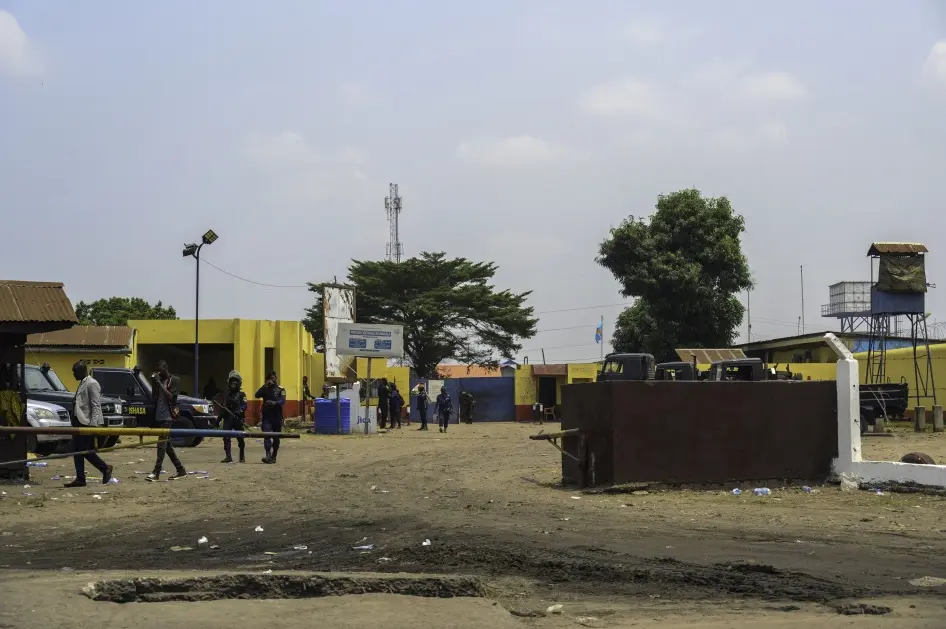
In a critical effort to address severe overcrowding, the Democratic Republic of Congo has released around 1,685 seriously ill inmates from the notorious Makala Prison in Kinshasa. This initiative began on Sunday, following a tragic incident earlier this month where 129 prisoners died during a botched escape attempt, with some shot by security forces and others crushed in the ensuing chaos.
The government is accelerating its plans to reduce the prison population, as conditions within Makala have been described as “true hell.” Images released by the justice ministry depict the alarming state of some of the freed inmates, including one emaciated man with bandaged feet, who was seen being wheeled away in a barrow, alongside others showing severe signs of malnutrition.
In a heartfelt video, one prisoner, unable to stand, shared his determination to change his life and cease causing harm, expressing gratitude to Justice Minister Constant Mutamba for his release. Mutamba assured that those needing medical care would receive treatment, while others would be taken home on buses provided by the government. This release builds on previous efforts by Mutamba to reduce the prison population, including a halt on new admissions.
With Kinshasa’s population surpassing 14 million, the city operates only two prisons: Makala and the military facility at N’dole, which has an official capacity of just 500 inmates. Emmanuel Adu Cole, head of the Bill Clinton Foundation for Peace, praised the recent releases but highlighted the urgent need for broader reforms to enhance prison conditions. Originally built in the 1950s to accommodate 1,500 inmates, Makala was holding over 12,000 individuals prior to the recent jailbreak attempt.
Former inmate Stanis Bujakera characterized the environment as akin to a concentration camp, stating, “Makala is not a prison, but a detention center where people are sent to die.” He documented the severe overcrowding and insufficient food rations experienced during his incarceration.
Authorities have long acknowledged the overcrowding crisis, with some officials blaming magistrates for their continued practice of sending suspects to prison. A 2020 estimate suggested that only 6% of inmates were actually serving sentences, while the majority remained trapped in a legal system where cases can drag on for years.
